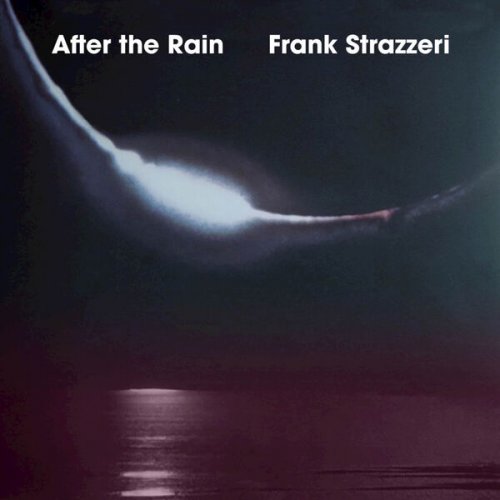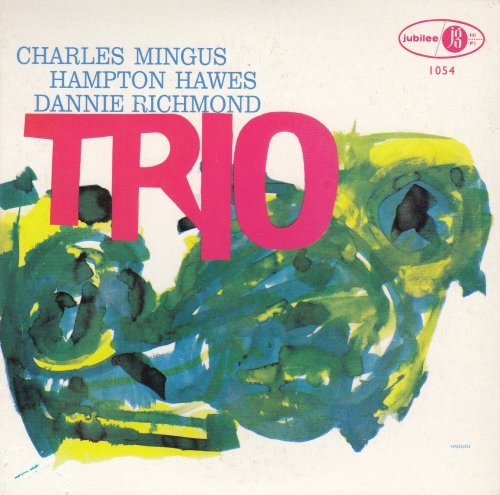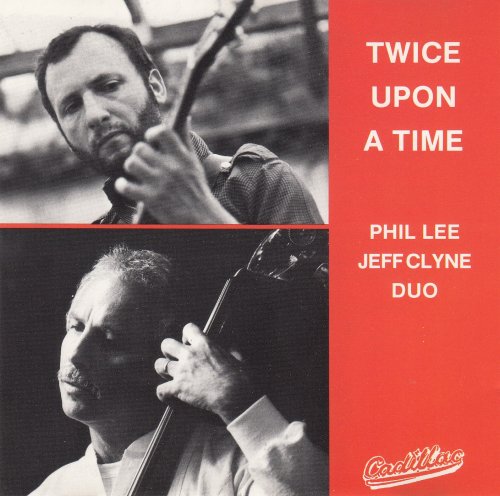Karl Ivar Refseth Trio - Devotion (2022) [Hi-Res]
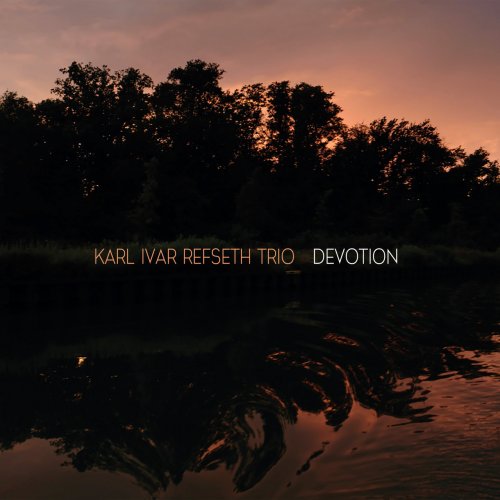
Artist: Karl Ivar Refseth Trio
Title: Devotion
Year Of Release: 2022
Label: Traumton
Genre: Jazz
Quality: Mp3 320 kbps / FLAC (tracks) / 24bit-96kHz FLAC (tracks)
Total Time: 49:11
Total Size: 114 / 176 / 847 MB
WebSite: Album Preview
Tracklist:Title: Devotion
Year Of Release: 2022
Label: Traumton
Genre: Jazz
Quality: Mp3 320 kbps / FLAC (tracks) / 24bit-96kHz FLAC (tracks)
Total Time: 49:11
Total Size: 114 / 176 / 847 MB
WebSite: Album Preview
1. Song for a Good Friend (3:53)
2. Cloud-Groove (5:17)
3. Dear Lord (7:21)
4. Augustchoral (3:05)
5. Indecision (3:42)
6. Variations on Tsuki No Oto (Takashi Ueno: Tenniscoats) (2:59)
7. Betrayal (4:41)
8. O-4 (3:07)
9. Wise Man (6:54)
10. The Old Pike (4:46)
11. Oliver (3:31)
Almost six years lie between Praying, the debut album of vibraphonist Karl Ivar Refseth's trio, and his new work Devotion. Quite a long time even in the jazz world, especially since the contemplative-intense production was very successful at the time and was accompanied by great international resonance. "An astounding journey for the senses and emotions," the Swiss radio SRF found, and the well-regarded blog Tor Hammerø stated: "there's a hidden Norwegian jazz-treasure in Berlin."
Of course the classically and jazz-trained vibraphonist, born in 1977, did not completely put aside his mallets after Praying. For a while, Refseth concentrated on his new role as a father, and he was and still is a highly demanded sideman in top-class formations. Since 2009 he has been a permanent member of the indie rock masterminds The Notwist, and in the last three years before the pandemic he also brilliantly performed with songwriter Gisbert zu Knyphausen (on the album Das Licht dieser Welt and live). Refseth's harmonic and rhythmic cascades made their mark in the innovative Tied & Tickled Trio with legendary U.S. drummer Billy Hart, just like they did in the first productions of the avant-garde Andromeda Mega Express Orchestra. Furthermore, Refseth composed and performed together with Console alias Martin Gretschmann for Andreas Ammer's audio drama Gott; in 2019 the two also gave concerts as an improv-techno-duo at Berlin's X-Jazz Festival, in London and at the Montreux Jazz Festival. In addition, Refseth frequently worked with saxophonist Johannes Enders.
Ultimately, two circumstances in particular caused the longer break of the trio. For one, double bass player Matthias Pichler lived in New York for three years and was therefore not fully available for a new production and the following tour. Since Refseth sees his group as a fixed band, he preferred to wait instead of working with another bassist. On the other hand the composer, who moved from Oslo to Berlin in 2005, emphasizes a conceptual aspect: "I don't want to put out a record until I feel it reaches beyond the moment."
The trio's debut was characterized by a timeless aura, which now pervades Devotion as well. "The music has become more multifaceted, you can discover multiple layers in it," Karl Ivar Refseth describes the development. More resolutely than ever, he highlights seldom-heard features of his instrument, also with the help of extended playing techniques. He uses violin bows to bring the vibraphone’s metal plates into vibration, uses drum sticks and other sticks, modulates tones through special "bending" and creates shimmering overtones. Furthermore, rhythms gain in significance, exemplified in “Indecision”, which is inspired by the aforementioned collaboration with Martin Gretschmann.
Many pieces on Devotion are reaching the ears of the public for the first time, while some others were already part of the live repertoire earlier. A unifying element of all the tracks is Refseth's liking for lyrical melodies, nuanced timbres and transparent arrangements. "Initially, I had thought of using the song structures more as starting points for free improvisations this time," Refseth explains. "But then, also after consulting with our co-producer Morten Qvenild (note: ex-pianist of Jaga Jazzist, Susanna Wallumrød's Magical Orchestra, member of In The Country, the Slow Motion Quintet, Susanne Sundfør and others), we changed direction. We concentrated on the cores of the songs and made the improvisations subject to them." Instead of individual soloistic expressions, an all-embracing aesthetic idea is now the focus, Refseth says. With this, he picks up on the approach he experienced with Knyphausen, which is to create greater intensity with as little effort as possible. Martin Ruch's sound design also transports this idea by pointedly capturing the intimate sounds of the trio.
Most of the newer pieces were written during the first lockdown, yet the pandemic left no direct influence, Karl Ivar Refseth says. "In fact, the whole album is marked by dedications to people who are especially important to me." Besides those already mentioned, they include the Japanese duo Tenniscoats, on whose song “Tsuki No Oto” he wrote an atmospheric variation. Out of this context of dedications and also to expand the diversity, two compositions of other composers made it onto the album. Christian Weidner's very contemplative “Augustchoral” has been in the repertoire as a live duet of the two musicians for a while now. “O-4”, interpreted by Refseth solo, was written by Micha Acher and comes from the legendary Notwist album Shrink; it enchants with Acher-typical chords.
“Betrayal” represents an immediate reaction to the virus. "It reflects the disillusioning realization that, at least for a while, the arts did not receive their often-claimed appreciation," Refseth explains. "While we were losing out on five-figure revenues and wondering how we were going to pay our rents, financial support was comparatively small. This left me - as well as other colleagues - with the feeling that the world didn't really care about us after all." Behind “The Old Pike” however, there is a much happier story. "I dreamt that I was fishing in Norway with two siblings. In the background this melody was playing as a continuous loop - and it's actually not the only piece whose fundamental ideas came to me in my sleep."
But in the end there was also a surprisingly positive Corona effect. Twice the already arranged appointments at the Traumton Studio had to be postponed due to the virus, which prolonged the production considerably and dampened the mood at first. But then Refseth realized the potential of the unscheduled breaks. "Suddenly I had more time and the freedom to revisit details of the pieces and think about the overall concept. “Cloud-Groove”, for example, I kept refining all the way into the studio, and also “Wise Man” benefited considerably from the three work phases."
With Devotion, Karl Ivar Refseth once again presents an outstandingly atmospheric album that defies genre boundaries. He and his two sensitive band partners are unquestionably united by an intellectual and emotional understanding; together they give the compositions exceptional depth. Refseth emphasizes that Devotion should be understood and heard as a dramaturgic whole. And even if that may not always work out, the idea underlines the music's remarkable timelessness.
Of course the classically and jazz-trained vibraphonist, born in 1977, did not completely put aside his mallets after Praying. For a while, Refseth concentrated on his new role as a father, and he was and still is a highly demanded sideman in top-class formations. Since 2009 he has been a permanent member of the indie rock masterminds The Notwist, and in the last three years before the pandemic he also brilliantly performed with songwriter Gisbert zu Knyphausen (on the album Das Licht dieser Welt and live). Refseth's harmonic and rhythmic cascades made their mark in the innovative Tied & Tickled Trio with legendary U.S. drummer Billy Hart, just like they did in the first productions of the avant-garde Andromeda Mega Express Orchestra. Furthermore, Refseth composed and performed together with Console alias Martin Gretschmann for Andreas Ammer's audio drama Gott; in 2019 the two also gave concerts as an improv-techno-duo at Berlin's X-Jazz Festival, in London and at the Montreux Jazz Festival. In addition, Refseth frequently worked with saxophonist Johannes Enders.
Ultimately, two circumstances in particular caused the longer break of the trio. For one, double bass player Matthias Pichler lived in New York for three years and was therefore not fully available for a new production and the following tour. Since Refseth sees his group as a fixed band, he preferred to wait instead of working with another bassist. On the other hand the composer, who moved from Oslo to Berlin in 2005, emphasizes a conceptual aspect: "I don't want to put out a record until I feel it reaches beyond the moment."
The trio's debut was characterized by a timeless aura, which now pervades Devotion as well. "The music has become more multifaceted, you can discover multiple layers in it," Karl Ivar Refseth describes the development. More resolutely than ever, he highlights seldom-heard features of his instrument, also with the help of extended playing techniques. He uses violin bows to bring the vibraphone’s metal plates into vibration, uses drum sticks and other sticks, modulates tones through special "bending" and creates shimmering overtones. Furthermore, rhythms gain in significance, exemplified in “Indecision”, which is inspired by the aforementioned collaboration with Martin Gretschmann.
Many pieces on Devotion are reaching the ears of the public for the first time, while some others were already part of the live repertoire earlier. A unifying element of all the tracks is Refseth's liking for lyrical melodies, nuanced timbres and transparent arrangements. "Initially, I had thought of using the song structures more as starting points for free improvisations this time," Refseth explains. "But then, also after consulting with our co-producer Morten Qvenild (note: ex-pianist of Jaga Jazzist, Susanna Wallumrød's Magical Orchestra, member of In The Country, the Slow Motion Quintet, Susanne Sundfør and others), we changed direction. We concentrated on the cores of the songs and made the improvisations subject to them." Instead of individual soloistic expressions, an all-embracing aesthetic idea is now the focus, Refseth says. With this, he picks up on the approach he experienced with Knyphausen, which is to create greater intensity with as little effort as possible. Martin Ruch's sound design also transports this idea by pointedly capturing the intimate sounds of the trio.
Most of the newer pieces were written during the first lockdown, yet the pandemic left no direct influence, Karl Ivar Refseth says. "In fact, the whole album is marked by dedications to people who are especially important to me." Besides those already mentioned, they include the Japanese duo Tenniscoats, on whose song “Tsuki No Oto” he wrote an atmospheric variation. Out of this context of dedications and also to expand the diversity, two compositions of other composers made it onto the album. Christian Weidner's very contemplative “Augustchoral” has been in the repertoire as a live duet of the two musicians for a while now. “O-4”, interpreted by Refseth solo, was written by Micha Acher and comes from the legendary Notwist album Shrink; it enchants with Acher-typical chords.
“Betrayal” represents an immediate reaction to the virus. "It reflects the disillusioning realization that, at least for a while, the arts did not receive their often-claimed appreciation," Refseth explains. "While we were losing out on five-figure revenues and wondering how we were going to pay our rents, financial support was comparatively small. This left me - as well as other colleagues - with the feeling that the world didn't really care about us after all." Behind “The Old Pike” however, there is a much happier story. "I dreamt that I was fishing in Norway with two siblings. In the background this melody was playing as a continuous loop - and it's actually not the only piece whose fundamental ideas came to me in my sleep."
But in the end there was also a surprisingly positive Corona effect. Twice the already arranged appointments at the Traumton Studio had to be postponed due to the virus, which prolonged the production considerably and dampened the mood at first. But then Refseth realized the potential of the unscheduled breaks. "Suddenly I had more time and the freedom to revisit details of the pieces and think about the overall concept. “Cloud-Groove”, for example, I kept refining all the way into the studio, and also “Wise Man” benefited considerably from the three work phases."
With Devotion, Karl Ivar Refseth once again presents an outstandingly atmospheric album that defies genre boundaries. He and his two sensitive band partners are unquestionably united by an intellectual and emotional understanding; together they give the compositions exceptional depth. Refseth emphasizes that Devotion should be understood and heard as a dramaturgic whole. And even if that may not always work out, the idea underlines the music's remarkable timelessness.
![Haeun Joo - Just Gravity (2026) [Hi-Res] Haeun Joo - Just Gravity (2026) [Hi-Res]](https://img.israbox.com/img/2026-01/16/zfy1b4k945wo2xfjdp56kv3ai.jpg)
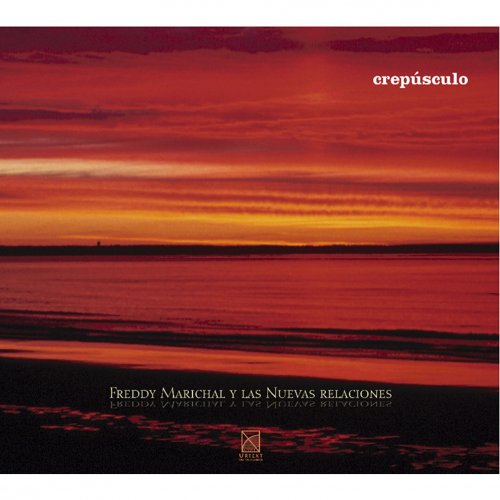
![Diogo Strausz - Dance Para Se Salvar (2026) [Hi-Res] Diogo Strausz - Dance Para Se Salvar (2026) [Hi-Res]](https://img.israbox.com/img/2026-01/15/jzsyck7swqbiuypzko7jwb1dl.jpg)
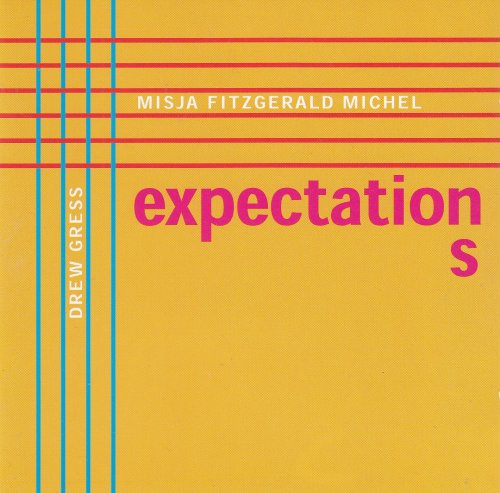
![Doris Day - The Very Best of Doris Day (2015) [Hi-Res] Doris Day - The Very Best of Doris Day (2015) [Hi-Res]](https://www.dibpic.com/uploads/posts/2026-01/1768662733_cover.png)
